Last week in the Australian, Professor George Williams wrote a column lamenting the plight of the ‘Yes’ campaign in the looming constitutional referendum. One claim Williams made was that the framers of our constitution ‘set the bar for success deliberately high’ because change here requires winning both a majority of votes nationwide in a referendum as well as a majority in a majority of states.
I’ll be blunt. Not for the first time, I completely disagree with Professor Williams. I am probably the law professor in Australia who is most sympathetic to the unwritten constitutional models of Britain and New Zealand, where nothing is any harder to do than to pass a statute, but if you want a written constitution, then you are buying into the idea of locking certain things in.
But just how locked in are things in Australia? Well, compare the procedures for constitutional change here to what is needed in my native Canada or the US. There is simply no comparison. Change is orders of magnitude harder in North America.
In the US, you need a) to win a vote with a two-thirds majority in the Senate and the House of Representatives, and then b) you need to get three-quarters of the State legislatures to agree. Readers, tell me which lays out the harder procedural path, here or in the US.
Then there’s my native Canada. To change the constitution in the Great White North for most matters requires proponents to get it approved by a) the elected House of Commons in Ottawa, b) by the unelected upper house Senate, and c) to get it approved by 7 out of the 10 provinces (and only then if those seven account for over half the national population). Harder than here, I’d say. But for some special topics, such as jettisoning the constitutional monarchy, change in Canada requires proponents to get the approval of all ten provinces. All of them! The tiniest province of Prince Edward Island, which has a population of 157,000 all up, has a complete veto on this constitutional change in a country of 38 million. (Yes, a province with 0.4 percent of the country’s population has a veto.) Want to know why no progressives in Canada waste their time trying to become a republic? It’s because Canada has very tough procedures to change the constitution.
So, in contrast to our two nearest cousins in the Anglosphere, Australia has a very easy constitution to change if we are talking about procedural hurdles. Professor Williams’ lament about how procedurally hard things are for the ‘Yes’ campaign is, frankly, comparatively illiterate. Written constitutions are meant to be hard to change. Otherwise (and again, I like unwritten constitutions, remember), move to New Zealand or Britain. But amongst countries with written constitutions, ours is the easiest one to change. Convince half your fellow citizens plus one, and you meet the first hurdle. Then, also convince over half your fellow citizens in over half the states. You can call that many things but not ‘setting the bar for success deliberately high’. I suspect that what many on the left side of politics (so nearly all the university class) dislike is that constitutional change in this country was taken out of the hands of the political caste and given to regular voters like you and me. As a big-time supporter of democratic decision-making, I think that’s one of the best features of our constitution.
Professor Williams also claims that ‘the state vote often has proven decisive’. This claim is very hard to cash out in any plausible way. There have been 44 constitutional referenda in this country. Eight succeeded, and 36 failed. Of the 36 failures, 31 failed on the first leg – proponents could not get half of Australians to agree to the proposal. Pointing to how close some referenda came to getting to that 50 percent threshold is neither here nor there. They lost because over half of Australians said ‘no’. So that leaves only five referenda where the majority of Australians said ‘yes’, but the proponents failed to get over 50 percent in four of the six states. In my understanding of basic arithmetic, losing five referenda out of 36 does not warrant the use of the adverb ‘often’ to describe the frequency of such second-leg defeats.
I went on the record at the very start of the Voice proposal, back when the polls showed voters leaning to ‘Yes’ by two-thirds and more, to predict it would fail as its details became understood. I thought it would fail then, and I still think it will fail now because it proposes to undermine the core notion of equal citizenship on which liberal democracy is founded. I also think it will fail because it makes very likely the possibility of judicial activists rewriting the constitution at the point of application and because it will further clog up our already sclerotic law-making processes (only two other democracies have anything like our powerful upper house Senate), and because, at core, I have huge confidence in the good sense of the average Australian.
But as we’re on the topic of unfairness, when it comes to the Voice, how many voters realise that for virtually all 44 other referenda, the government fully funded the ‘yes’ and the ‘no’ campaigns? Mr. Albanese says he’s not funding either side, but he knows that huge corporate monies have poured into the ‘Yes’ side. Heck, even many charities have poured in money to the ‘Yes’ side. Imagine if Mr. Howard had only funded the side he agreed with in the republic referendum. Right now, the inequality in financial resources between the two sides is massive. And this is deliberate, not unintended.
That looks a lot more unfair to me than lamenting the fact that you can’t change Australia’s constitution – one of the world’s oldest and one of the most successful – unless you can convince half your fellow citizens nationally, as well as over half of them in over half the states.
If we on the ‘No’ side didn’t know better, we’d say those on the ‘Yes’ side were already making excuses for what many of them now think will be a loss. Don’t be fooled. This proposal deserves to lose because it’s a bad idea. Changing our written constitution is procedurally easier than anywhere else in the developed Anglosphere, and maybe anywhere else, period.
James Allan is Garrick Professor of Law at the University of Queensland
Got something to add? Join the discussion and comment below.
Get 10 issues for just $10
Subscribe to The Spectator Australia today for the next 10 magazine issues, plus full online access, for just $10.

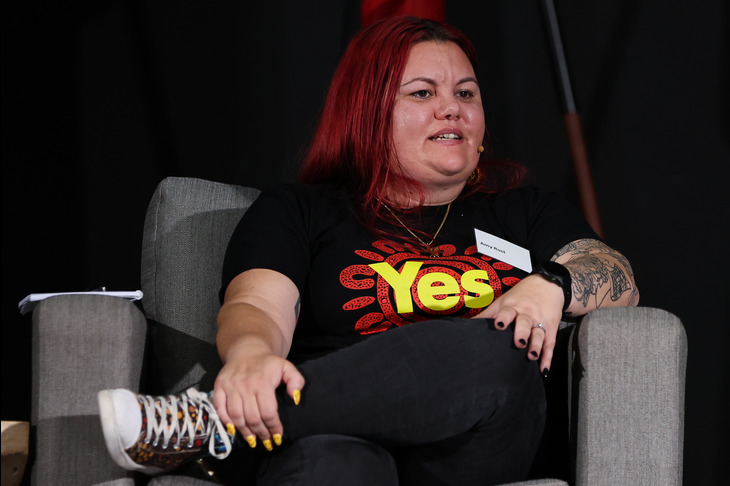

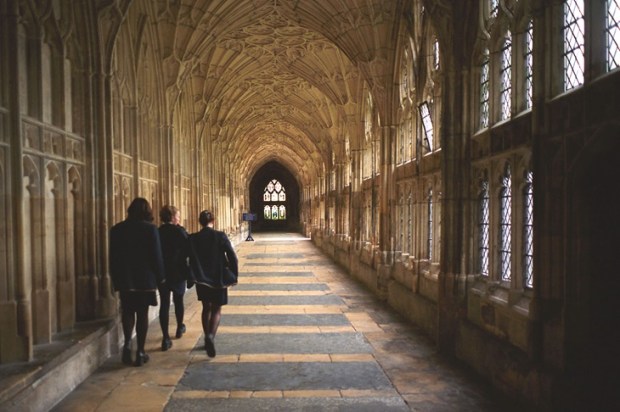
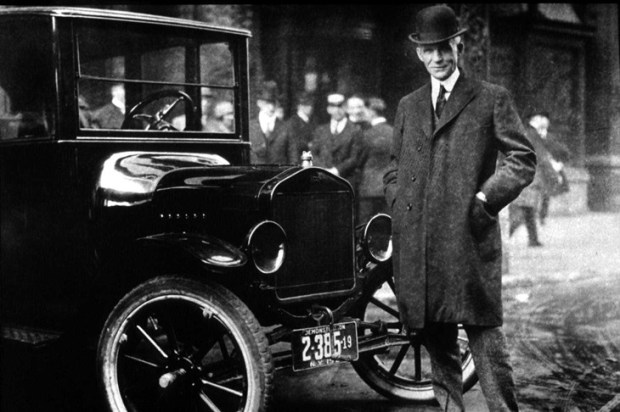
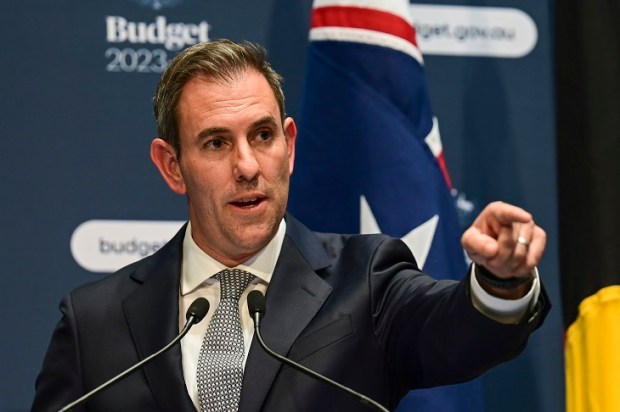

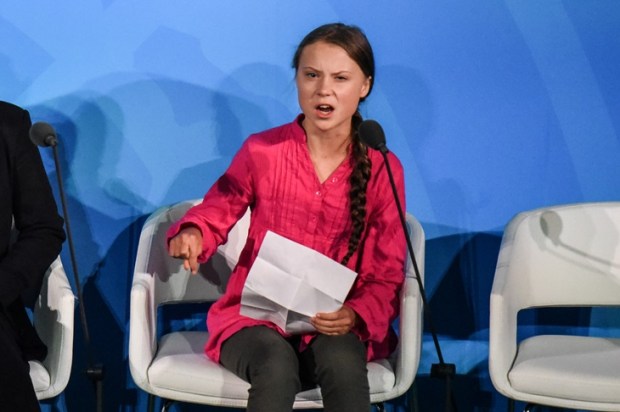


















Comments
Don't miss out
Join the conversation with other Spectator Australia readers. Subscribe to leave a comment.
SUBSCRIBEAlready a subscriber? Log in